The community gathered at the Rio Chixoy as the destination of the march. There are children in costumes and on stilts.
Murals on the outside wall of the Instituto Basico. The main mural in the photo shows a group of people holding signs that read: “Water for life, not for death,” “TLC out,” “Copal AA present,” “The people united will never be defeated.”
Poster hanging in the salon of events reading: In the good faith community consultation the people of Ixcan said no to dams, no to petrol exploitation. Yes to life and the earth for the people”
Panel of speakers in the event salon. Big poster in front of the panel table reads: Panel: Challenges and struggles of the people against climate change. Speakers are from Festival Solidario, ORCONDECO, Appalachian State University, ACODET, COCDE, and Copal AA.
A yellow poster hanging on the fence of the event salon. The handwritten text reads: “I would like to make a reflection to the general public: The reason we are suffering from the drought. First of all, the rainfall is as follows -Secondly: why is Climate change? Because of so much deforestation, there is no longer any mountains for the clouds, all peeled. Because the clouds, it comes from the mountains, the rains come from the mother earth. Third place: the famous pollution. Pollution is highly: toxic, to health to the human being, to the earth, to the whole planet. Chemical use, all kinds of toxic incectisides, Who use these: all the farmers, fumes from the burning of rosaduras- We are adjusting along with the rich, although the smoke is non-toxic but we are heating up the earth. The most toxic fumes of the factories of Industries, armaments factories, nuclear bombs, atomic, highly toxic.
Handwritten text on a poster hanging on a tree. It reads: Hundreds of massacres: massacres in Rio Negro Rabinal, March 13, 1982 more than 107 children, 70 women, among them women and girls. The soldiers & patrols arrived at 6 in the morning in the village Rio violently removing people from their homes. The women were in a meeting, the soldiers said: "The meeting is up there.” -Soldiers and patrolmen took the women and children 3 kilometers away above the community. Arriving at the site on a planado, they began to kill, cutting tree branches, sticks, thorns and thorns, beating them brutally, taking out the girls in the bush to violate. Women, children cut with machetes. Pusilados zogados con lazos robados(??) children by breaking their heads on the stones, leaving the children hanging in the trees. what a barbarism of the soldiers and patrols. Who are the soldiers and patrols? We have chosen sons and daughters of peasants, indigenous people, mayas. Just because they sealed the minds of so many people, the politics of the generals, they acted in such a way that they even turned their hand against their own family. What horror, cruelty On page 92 of Monsignor Gerardi's book 4, they cut the belly of one of the women, they took the creature, the soldiers and patrols played like a ball, they took it and left hanging on a tree like they were drunk with wine.”
Three posters hanging on the fence of the event salon. The titles on the two typed posters read “What happens with the ashes produced by the incinerator?” “What are dioxins?” And “What alternatives do we have?” The handwritten poster reads: “But well, although we are suffering the. Heat, the Drought butWe're going to hold on. We’re already used to consume. We cannot live without buying things from the stores, from the grocery stores. But what we consume most, what has the most problems is water. There is no rain, the summer continues with a lot of heat, we even need two, up to three shirts a day. What are we going to do? Being damage to this weather, change of weather, is deforestation, cutting down trees, mountains. Trees, mountains we are throwing away trees that we need to build houses. The pollution, fumes from the factories, chemicals, burning of rosaduras, although the smoke is not toxic. But we are heating up the ground. But we are heating up the soil, heating up mother earth, the whole planet. Thus speaks yave against the injustice

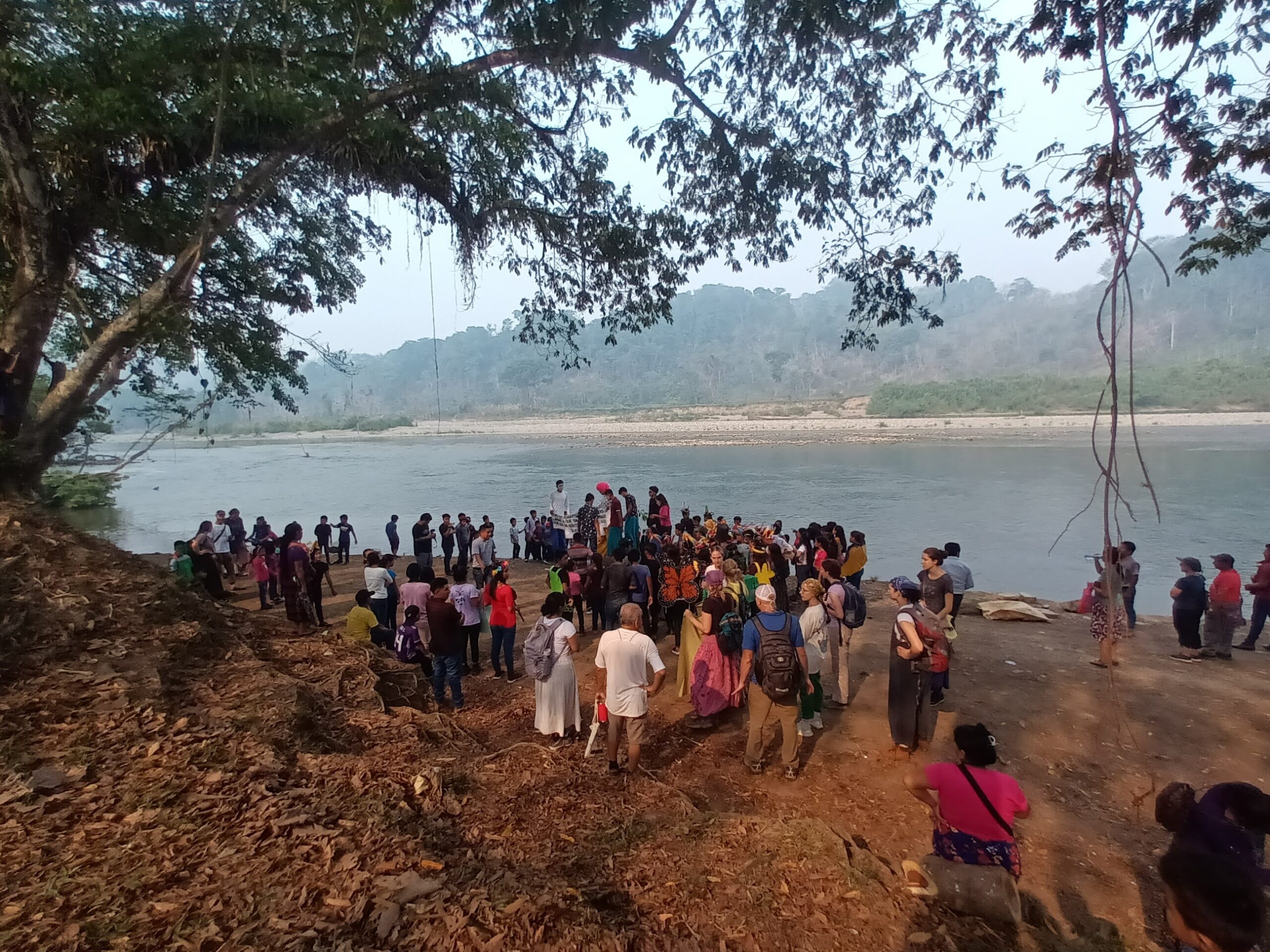
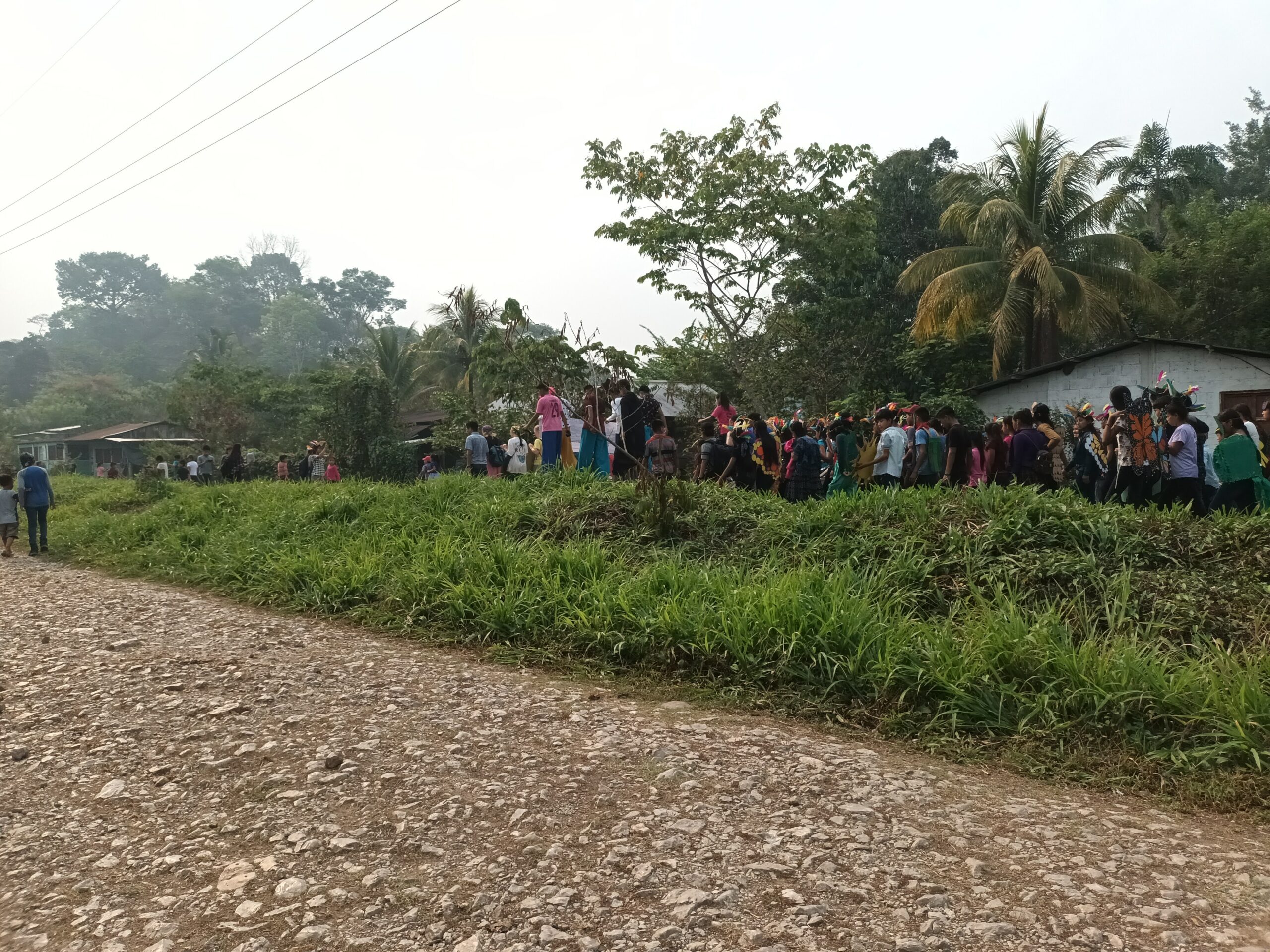


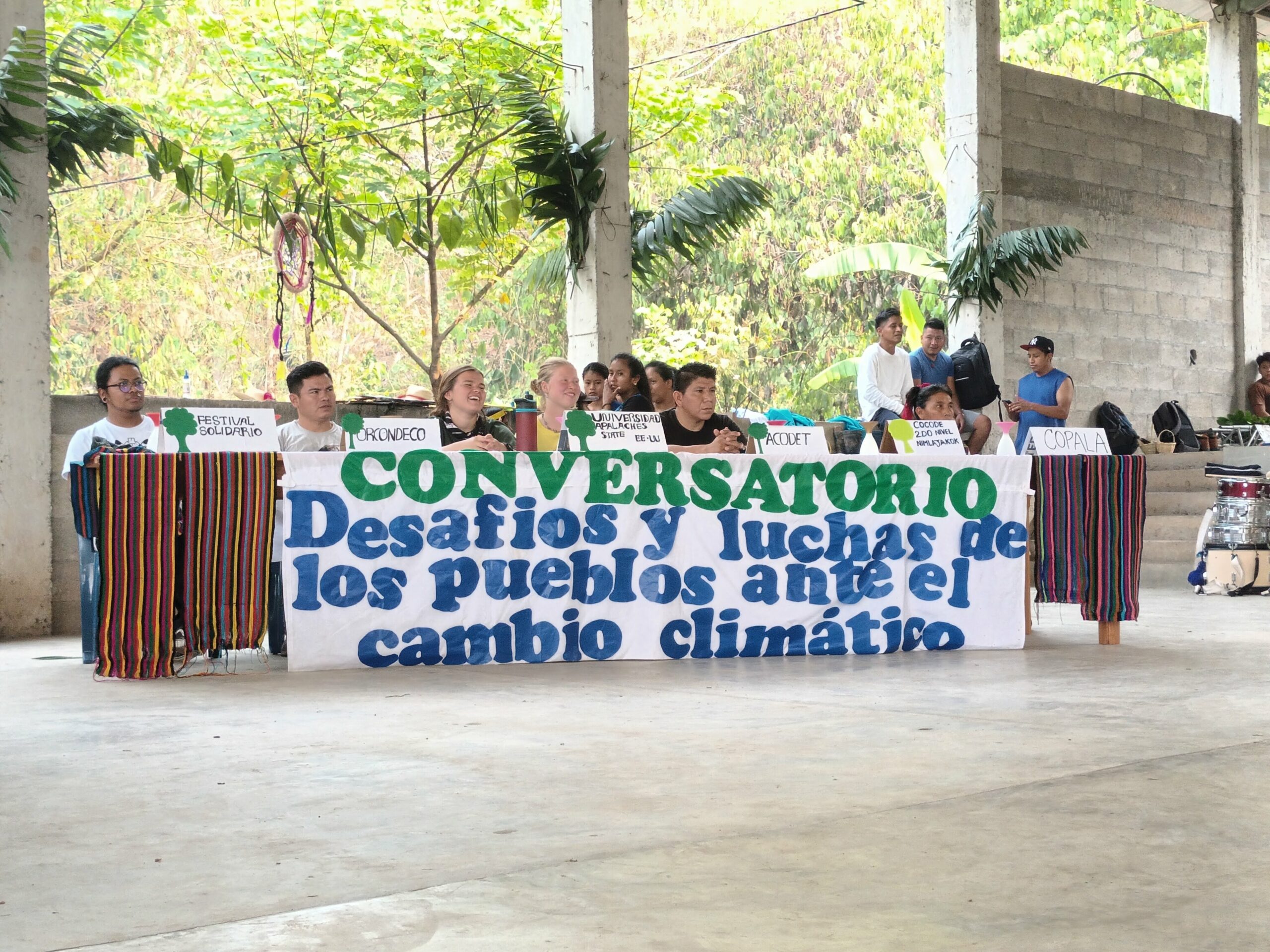
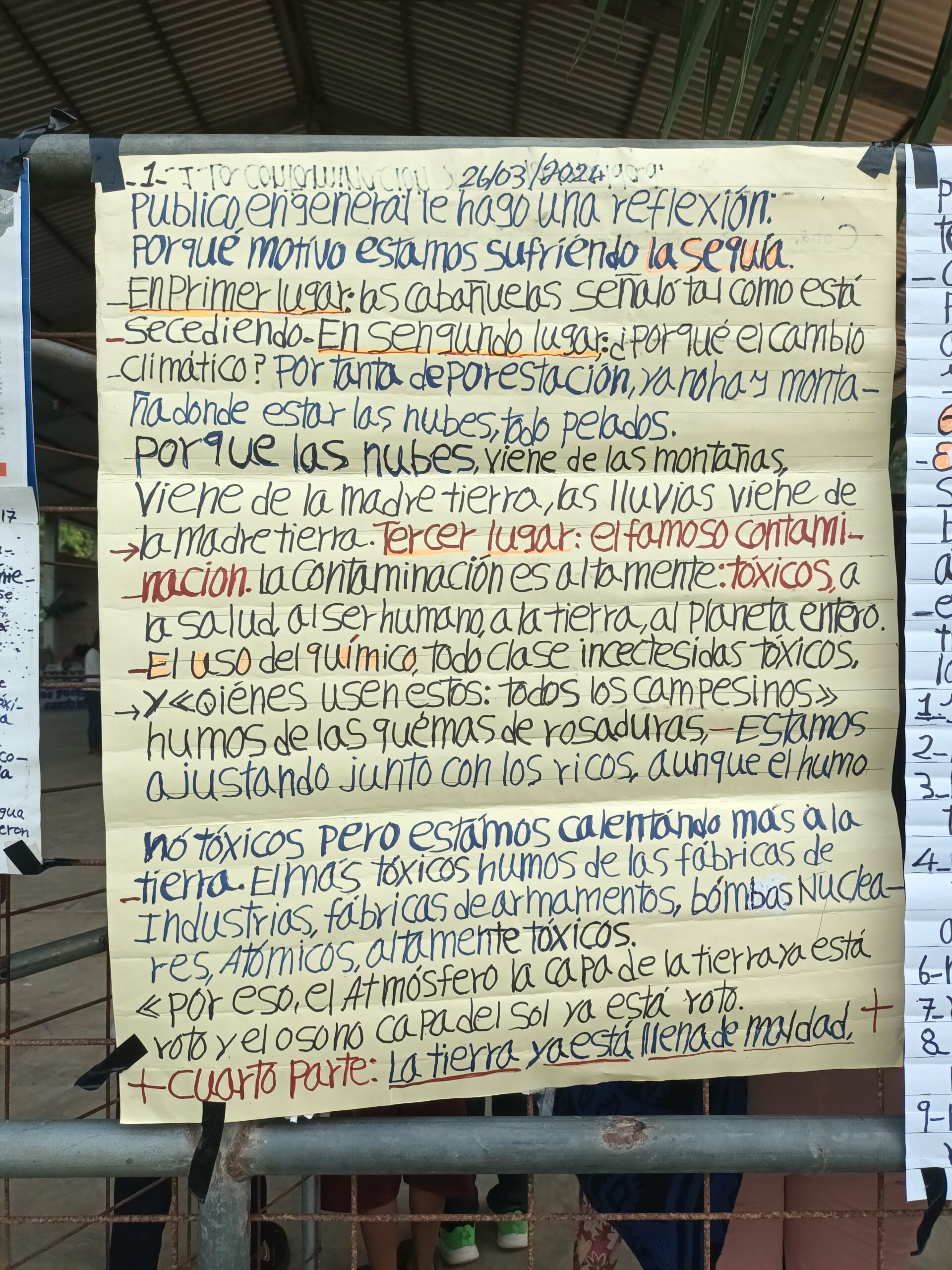
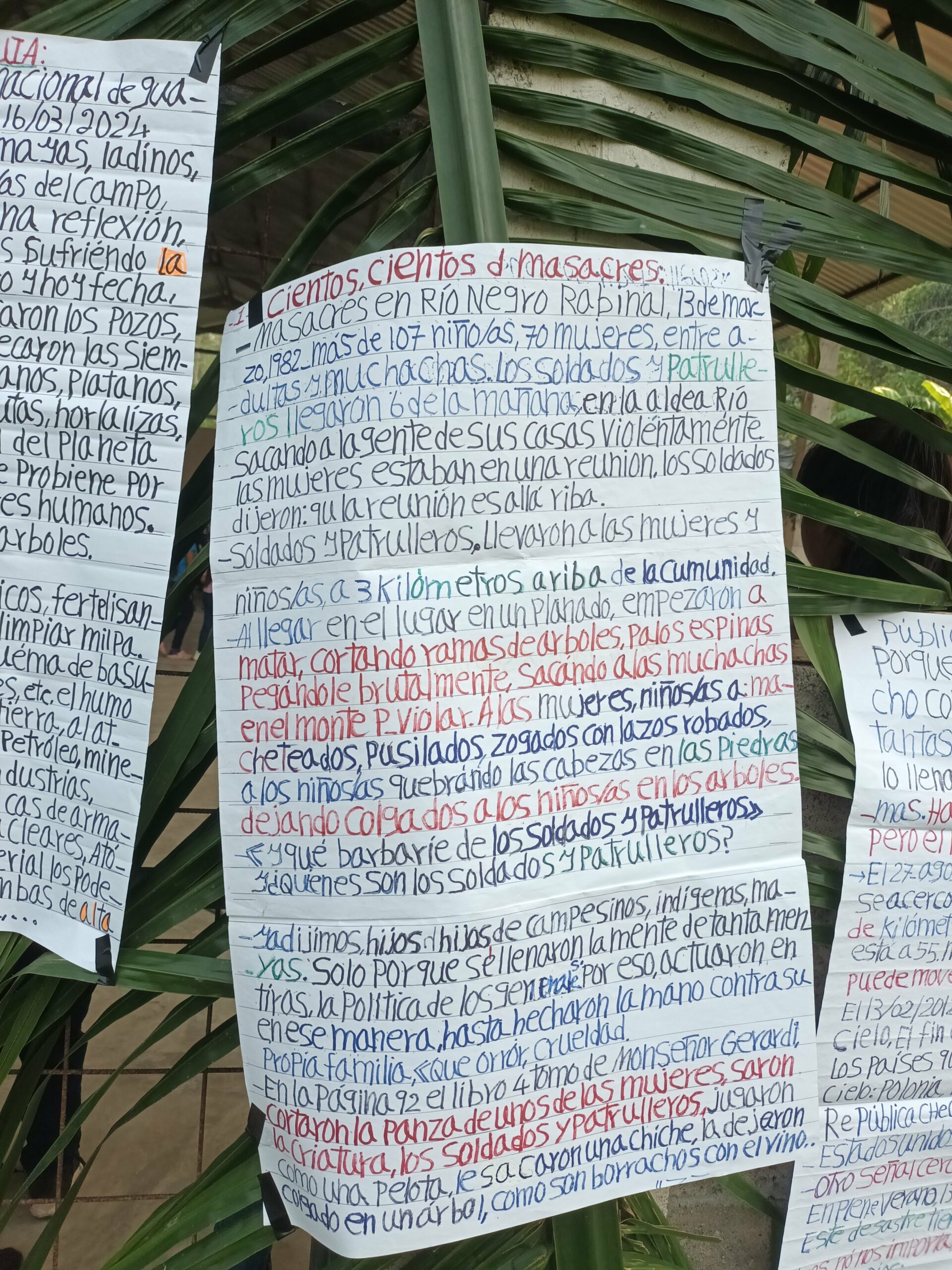
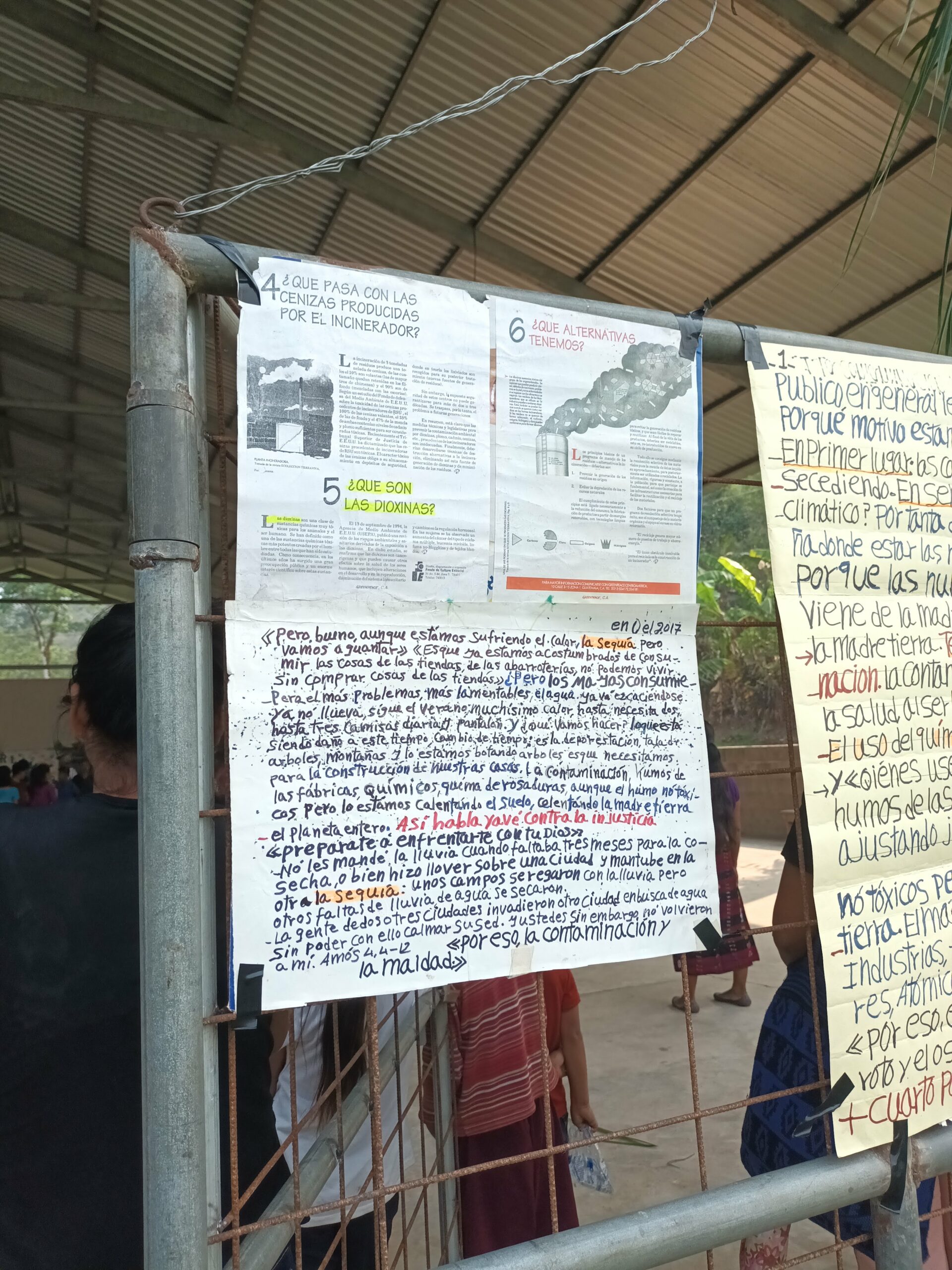

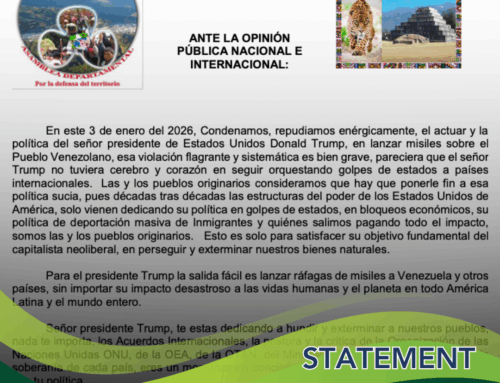
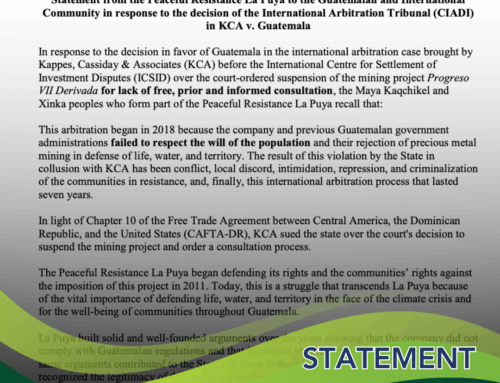
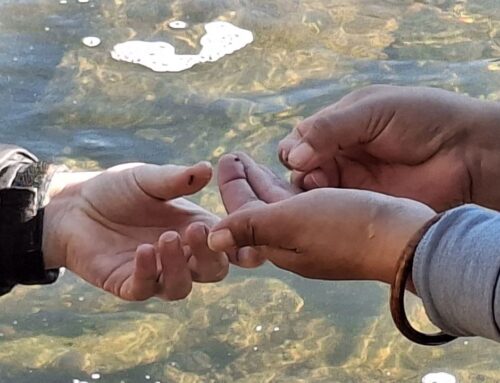

Leave A Comment